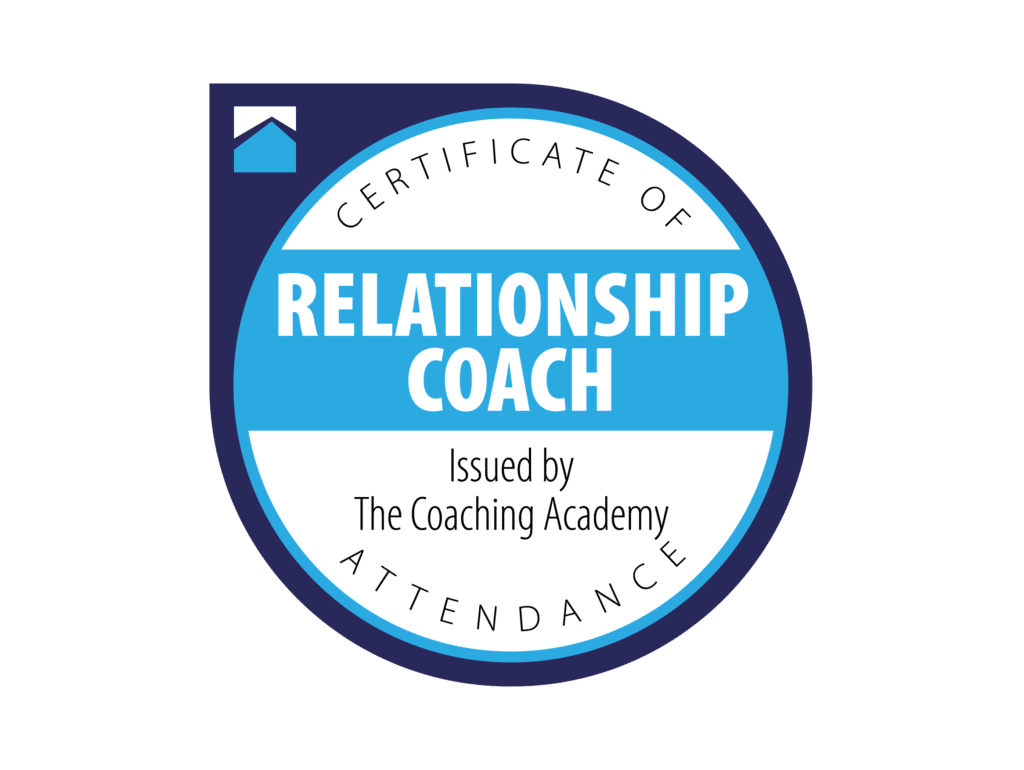Do you keep a journal? Do you keep one for business or your personal life? the power of journaling – and how you can turn it into a daily activity that brings positive change to your life. There’s a wonderful quote by Robin Sharma, Canadian writer that says ‘ the world is created twice, first in the mind and then in reality’.
Journaling is about deliberately engaging with what’s going on in your mind, capturing it in writing and then going out each day and living with that intention. Because Intention combined with action will enable you to create the life you want. There may be compromises along the way, but you will get much closer to your goals by following this approach.
There are many great diarists and journal keepers throughout history Marcus Aurelius, Frida Kahlo, Anne Frank, Marie Curie, Charles Darwin.
So what do we mean by keeping a journal? Gone are the teen days of Dear Diary – this is about incorporating a powerful keystone habit into your life to help build self awareness, increase mindfulness and gratitude and keep your goals on track.
Charles Duhigg in the Power of Habit describes keystone habits as small changes or habits you introduce into your routine that then carry over over into other aspects of your life.
And journaling is one of the most powerful keystone habits you can develop.
By writing every day you start to build greater self awareness. YOu start to notice patterns, how you censor and what you censor, where you go in your thoughts and behaviour, patterns in your life, how you get in your own way and what you can start to change to move you closer to your goals.
I have always kept a journal – I still have one with snoopy on it from when I was 7, the ones I wrote on my travels in my late teens and 20s across africa, india and beyond, and then through pregnancy, divorce and the process of rebuilding my life.
The difference in how I use journaling in my life now, is what I am using it for. While I’ve always written more prolifically in turbulent times, i really turned to it in a major way during and after I got divorced. It was a time when I felt very isolated and had this awful sense of failure. So I began to research ways to cope, to bounce back, to make the transition from sadness and break up to thriving and happiness.
And this is what I learnt about journaling.
Journal twice a day if you can, but definitely first thing in the morning. Before you pick up your phone, turn on the tv or radio and fill your mind with other people’s stories – focus on yourself. Journaling is about creating your own story, capturing your thoughts, and setting your intentions for the day.
In the morning, focus for 20-30 minutes on writing your journal. You are tracking in depth a daily view of what you want to achieve that day, how you feel, where you are stumbling, what to watch out for in the day ahead, and what will make you feel you’ve succeeded in having the day you want.
Do this every day. What works for me is I keep my journal by my bed, so I get up have a coffee and write. In those darker times in my life, I would get up at 6am, so I knew my children wouldn’t disturb me, and write for half an hour and then meditate for half an hour. It was the most productive hour of the day, every day, and I did it for 4.5 years straight. The results, the clarity and the sense of purpose I got from it are extraordinary considering the place i was starting from.
Then in the evening, write again if you can but not for too long, maybe 5-10 mins reflecting on the day, visioning more, writing down what you want your life to look like, soften the lens, be kind to yourself.
As time goes by, writing your journal every day, you will start to notice patterns of thinking. It gives you something solid to reflect on, your own thoughts captured in writing. And from there you can begin to reframe.
So here are some of the key benefits I have noticed as have other others who also practice journaling:
it increases your ability to manifest your goals – write them down, rewrite them, set intentions. Remember, the world is created twice – first in your mind, then in reality.
Every day is a new beginning – living in the moment, being more present builds our resilience and allows us to feel more gratitude. Use the chance to build your life, one day at a time by reinforcing what you want to happen every single day.
Patterns – journaling allows you to see patterns in your life, create clarity for yourself. This is your story, your life, your journey, Make it your own. What do you want, what’s getting in the way, how can you make the tiniest step forward to bring about the change you want to see. Ask yourself these questions regularly, write it down.
Memory – simply, if you don’t write things down they get forgotten.
insights – Give yourself that chance to reveal your own insights every day.
Space – It gives you space to look at emotions and what, how you’re feeling.
Gratitude – write down what you are grateful for, gratitude is a huge topic for another day but research shows the more gratitude you express the happier you are.
Find what works for you – for me I have a journal by the bed, I write in pencil on a blank page (not lined, I can’t think straight).
It was through journaling I worked through my goals, how I wanted to build the life I love, and vision the future. Journaling is about creating a pathway to help you get there.
How to build your success at work by building in reflection time to your week and how to do it.
We’re very familiar with the idea of preparing for a big meeting or conversation for example, and then actually having the meeting/presentation or whatever it is, but just as important is reflecting on your experience after.
Whether you’re CEO of a large organisation, running your own business, leading a team or working as part of a team, this technique is for you.
Research shows that we learn not from experience but from reflecting on experience. Replaying events in our brain is essential to learning. Because its when you reflect that you are able to see what was important and what lessons you can learn. So the more familiar you can become with what you did that worked, and what you did that didn’t work, the more likely you are to learn, optimise your actions and behaviour, and succeed next time.
Here’s an approach that works for journal writing in business.
Write your journal as soon after the event as possible – so keep a daily log if you can, I have clients who write their journal reflecting on work, what happened, what needs to happen, how they coped, what got int he way every day. For others, reflecting back on the week on a Friday works for them – but if you have had a big meeting then write your notes that day. The longer you wait, the less clarity you have on what actually made a difference to the outcome.
For each entry, write a headline that captures the result you achieved. The list the reasons for that outcome, and ask yourself why, so you can go deeper to the heart of what had an impact.
- Write down your emotions – what came up for you, how you responded and why
- And then identify what you can learn from the experience, what would you repeat and what would you do differently next time.
- Also include what you are considering trying next – those decision where you’re going to take a risk, writing it down allows you to test your logic and thinking behind the decision.
- In terms of how to keep it – computer or notebook is fine.




